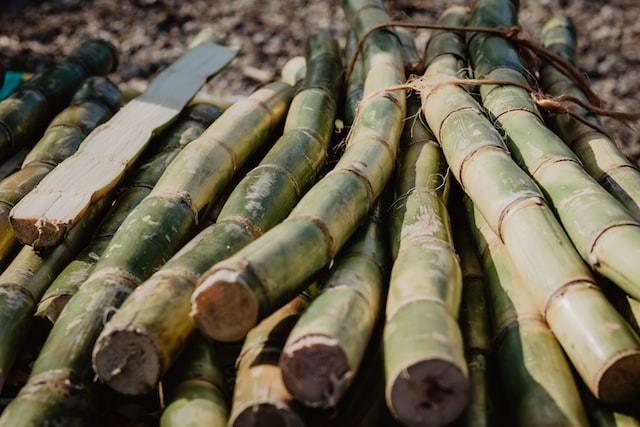Australian researchers are unlocking the secrets of sugarcane for future aviation fuel, plastics, rubbers and food additives.
Gary Schenk from the University of Queensland has focused on an enzyme to speed up the slowest step in processing sugar into a chemical called isobutanol.
“Our research into this particular enzyme means we can accelerate the production rate and yield of isobutanol from sugarcane,” he said.
This means bio-manufacturers could make more products at scale, sustainably and efficiently, instead of relying on cell-based methods.
“It’s a win-win,” Professsor Schenk said.
“One limitation in creating bulk products like aviation fuel with a cell-free process has been the availability of enough enzymes but developments in enzyme engineering and production mean large-scale production is now achievable.”
The UQ research with the Technical University of Munich has been published in the academic journal Chemistry.
Separately, a Mackay pilot plant that converts biomass will be expanded with new state government funding.
The region has been identified as a key location for biofutures industry, including the potential development of a Future Foods BioHub.
Based on the site of an operating sugar mill, the Queensland University of Technology Mackay Renewable Biocommodities Pilot Plant converts biomass into biofuels, green chemicals and other bioproducts.
QUT’s Professor Ian O’Hara said the expansion is critical to support new future foods and other biomanufacturing.
This will enable companies to rapidly demonstrate their technologies and prepare products for market testing, he said.
Marion Rae
(Australian Associated Press)





